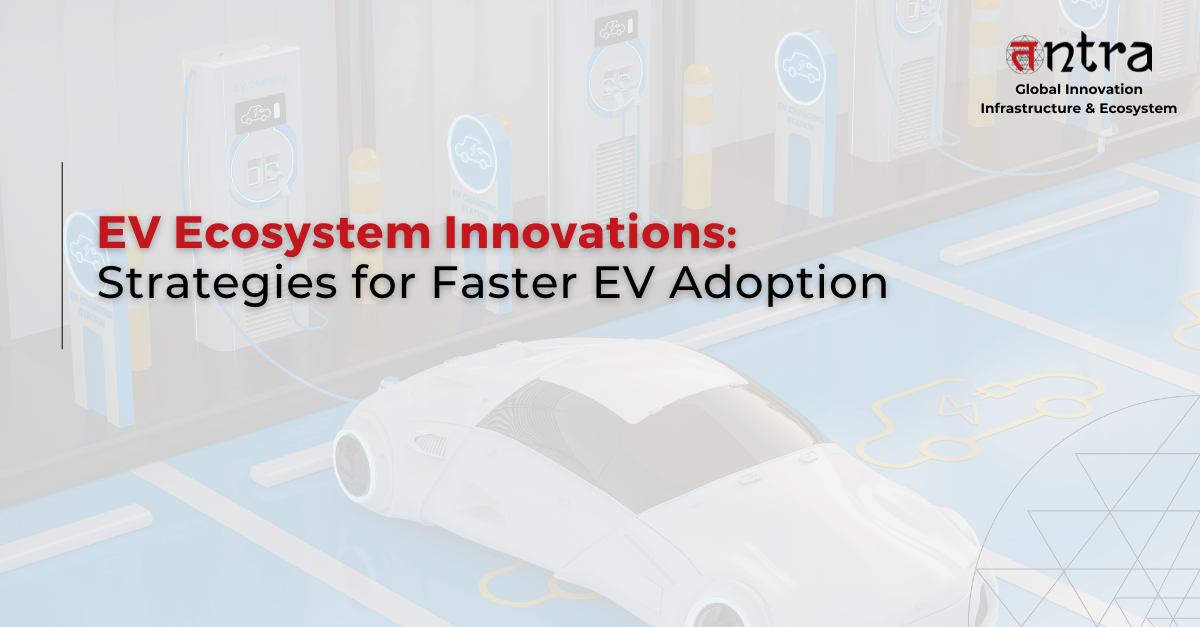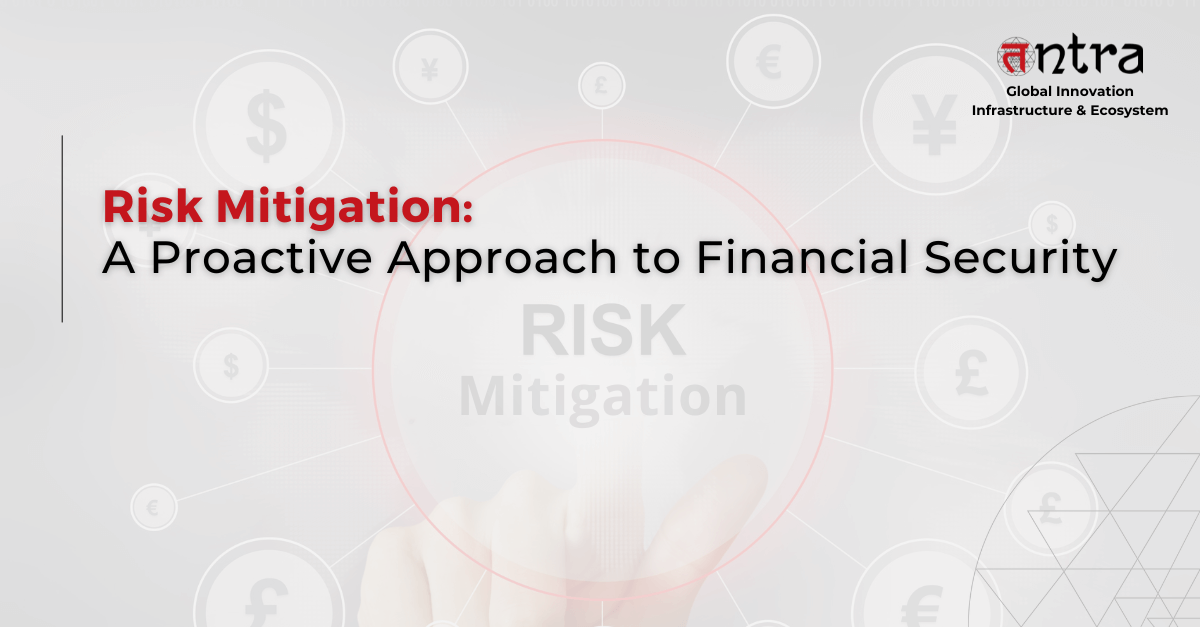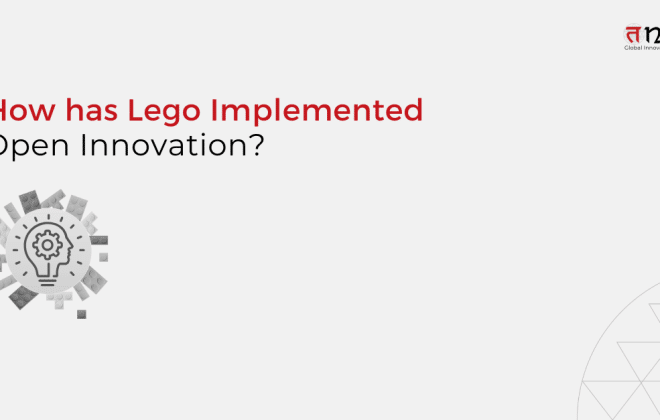
EV Ecosystem Innovations: Strategies for Faster EV Adoption
Table of Contents
ToggleThe adoption of electric vehicles (EVs) requires a comprehensive approach involving EV ecosystem development, robust EV charging infrastructure, and strategic adoption plans. Successful EV adoption strategies focus on overcoming challenges like high upfront costs and limited charging stations. Businesses and cities must invest in smart cities solutions, AI-integrated EV ecosystems, and software product engineering services to optimize operations. By embracing these solutions, EV adoption can accelerate, offering environmental, economic, and operational benefits across industries and urban environments. Continue reading to learn more.
Uber has declared that it has embraced a comprehensive strategy to transition to a fully electric, emission-free platform by 2040. with the US, Canada, and Europe, drivers can access funding through the Green Future program to aid with the transition to electric vehicles by 2025. By 2030, the United States and Canada are expected to be fully electrified, and by 2040, the rest of the world.
The strategy goes beyond clean cars and ride-sharing. Uber is collaborating with transportation companies throughout the world to provide access to public transportation, which is another step toward creating a cleaner and better world. Additionally, for anyone wishing to take a quick trip, Uber has teamed with Lime bikes and scooters, which are already accessible through the app.
The Uber app already shows the plan’s initial phases coming to life. In certain cities, users can now request an electric or hybrid vehicle by pressing “Uber Green.” Compared to a typical Uber ride in a non-EV, Uber estimates that each of these rides emits at least 25% fewer carbon emissions.
(Source: EV Meter)
The Growing Market for Electric Vehicles
At the moment, the electric car market is worth $500.48 billion. Compared to the 2020 estimate of $246.7 billion, that represents an increase of about $250 billion. In the upcoming years, this amount is expected to increase dramatically, surpassing $1.5 trillion by 2030. with a 17.8% CAGR.
The global EV market for plug-in electric vehicles has grown at a rate comparable to that of battery-electric vehicles. The numbers are noticeably greater, though. More than 6 million plug-in electric cars were sold worldwide in 2021, more than twice as many as in 2020.
There were 1,760,000 EVSE chargers in China as of 2022—1,000,000 slow and 760,000 rapid. This sum is more than twice as much as the combined amount of the other 13 top countries (around 806,300).
How to Approach EV Adoption
The global switch to electric vehicles is gaining steam, as countries and businesses increasingly demand cleaner, greener transportation solutions. Even though the environmental benefits and long-term cost savings of electric vehicles are very much known, the successful introduction of electric vehicles requires careful planning and strategy. A solid EV ecosystem development is thus necessary to hasten this transition and ensure a seamless experience for consumers, businesses, and cities.
The shift to electric mobility isn’t just about the vehicles themselves; it’s about creating an interconnected electric vehicles ecosystem that includes everything from EV charging infrastructure to data management and software systems that support the operation and maintenance of EVs. Building an EV ecosystem requires collaboration between automakers, government agencies, technology providers, and service operators to create the necessary infrastructure, policies, and technologies that will support electric vehicle adoption on a large scale.
An eco-friendly EV is more than the vehicle and charging points; it also encompasses the relationship between the smart cities and the EV ecosystem. The entire transportation from energy to distribution needs optimization for electric mobility. Of course, this includes well-accessible, reliable, widespread, and distributed EV charging infrastructures to really trigger mass adoption without which consumers and firms will shy away from entering the fray.
Successful EV Adoption Strategies
Successful electric vehicles adoption strategies begin with an education and awareness foundation. There remains a broad misconception among many consumers and businesses regarding EVs, mainly with regard to charging logistics, battery life, and upfront costs. A public education campaign specifically targeted towards these misnomers would help to dispel them and encourage the purchase of an EV.
In addition, governments and businesses must invest in the building of infrastructure for comprehensive EV charging so as not to worry potential owners about range anxiety. Public and private sectors could partner to install fast-charging stations in urban centers and highways as well as install them in remote areas, making EVs a practical option for anyone.
EV readiness is very important for businesses. This involves not just the evaluation of existing fleets and determination of infrastructure requirements but also digital transformation solutions to manage and track EVs in operations. Software product engineering solutions can assist businesses in creating customized solutions for fleet management, maintenance scheduling, data analysis, among other interventions and inputs that enhance the smooth adoption of EVs.
Overcoming Challenges in EV Adoptions
While the benefits of EV adoption are clear, there are also several challenges that businesses and individuals face when making this transition. Of course, one of the biggest barriers is the charging infrastructure for electric vehicles—there needs to be a charge station easily available and not too hard to use.
The cost of purchasing EVs also remains one of the challenges because the prices can be higher than conventional vehicles. Though prices for EVs have been declining steadily, it can still remain a barrier to access for many consumers. Governments’ rebates and tax credits along with innovations in financing options make EVs more accessible to people.
Overcoming the challenges of EV adoption calls for a strong focus on technology. With AI now integrated into the electric vehicle ecosystem solutions, manufacturers and operators can optimize battery performance, improve charging times, and predict maintenance needs. AI in the Electric Vehicle sector also enables predictive analytics for vehicle health, making EVs more reliable and cost-efficient in the long run.
EV Ecosystem and Smart Cities
Cities are increasingly becoming focal points for smart cities and the EV ecosystem as cities look to embrace the transition to electric vehicles. Electric vehicle integration into urban environments closely follows the adoption of smart grids, renewable energy sources, and intelligent transportation systems. This is how cities that are developing and promoting electric mobility solutions are creating a better environment, reducing air pollution, and offering residents clean transportation options.
Technology will be a key enabler for the successful integration of EVs in smart cities. Consulting solutions in technology will be important in advising municipalities on how to incorporate EV infrastructure, like charging stations, into their existing urban frameworks. These consulting solutions also help cities manage the flow of traffic, integrate EVs with public transportation, and optimize energy use.
Role of Software Product Engineering in the Development of an EV Ecosystem
Building a scalable and efficient EV ecosystem requires a combination of hardware and software. Software product engineering solutions are critical in this space, as they provide the digital tools needed to manage EVs and infrastructure. Whether it’s building intuitive apps for drivers to locate charging stations or developing backend systems for managing a fleet of electric vehicles, software product engineering services help companies and cities build and maintain the necessary technological infrastructure to support EV adoption.
Working with a reputable software product engineering company can provide businesses with customized solutions, whether they need a fleet management system, predictive maintenance software, or a fully integrated AI-powered platform to enhance the EV experience.
Conclusion: Future of Electric Vehicles and Infrastructure
Successfully navigating the transition to electric vehicles requires strategic planning, investment in infrastructure, and a comprehensive approach to EV ecosystem development. Through EV charging infrastructure, AI solutions for the electric vehicle ecosystem, and embracing solutions for digital transformation, companies, cities, and customers can overcome the obstacles created by the adoption of EV.
The benefits of EV adoption go from environmental sustainability to long-term savings. It takes the holistic approach of integration on all aspects of the ecosystem of EV. The right strategies can help in smooth, efficient, and impactful transitions to electric vehicles.
Tntra, a leader in the software development market, helps EV companies make the most of the global trends in electric mobility. Contact us today!





